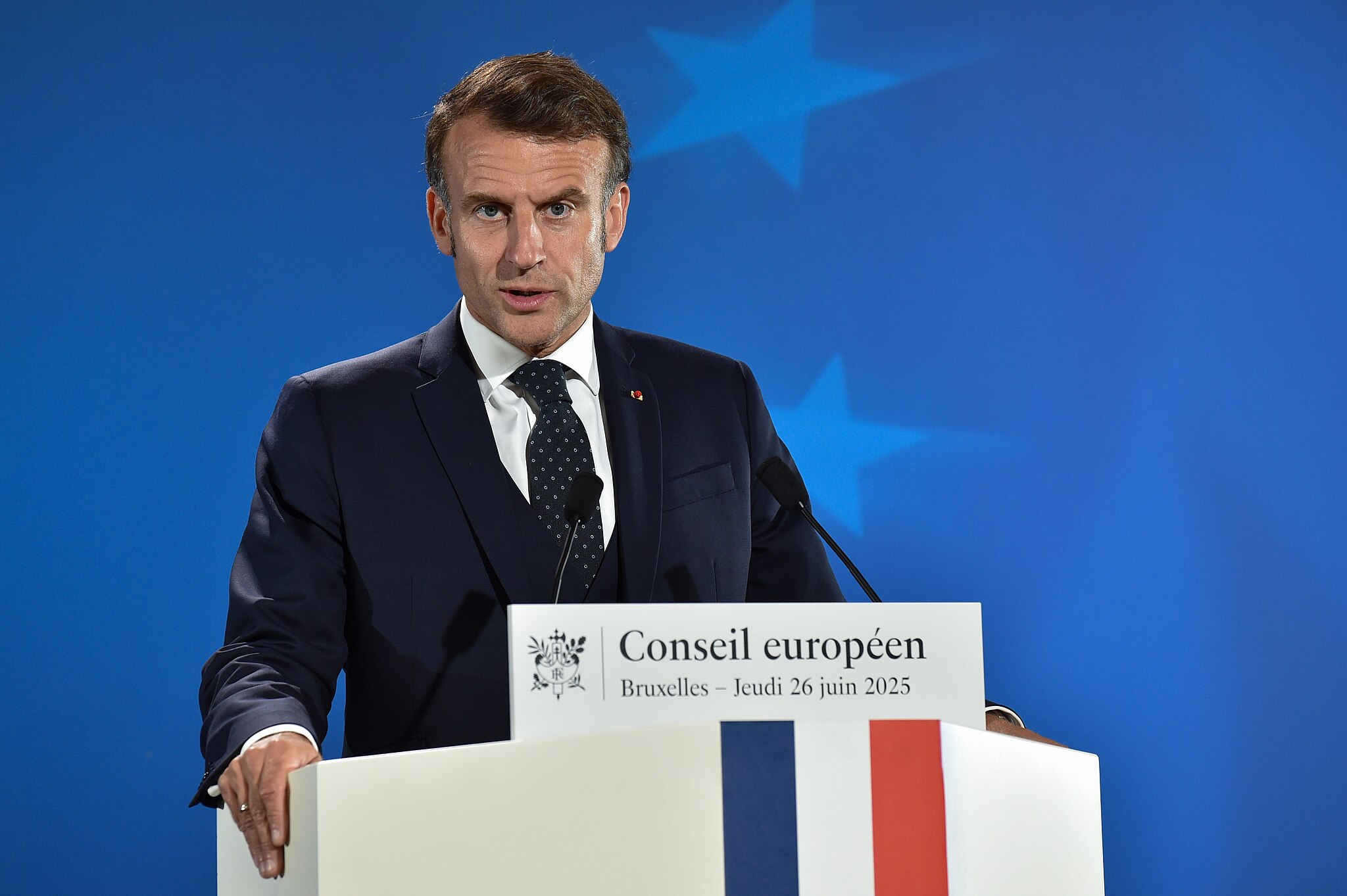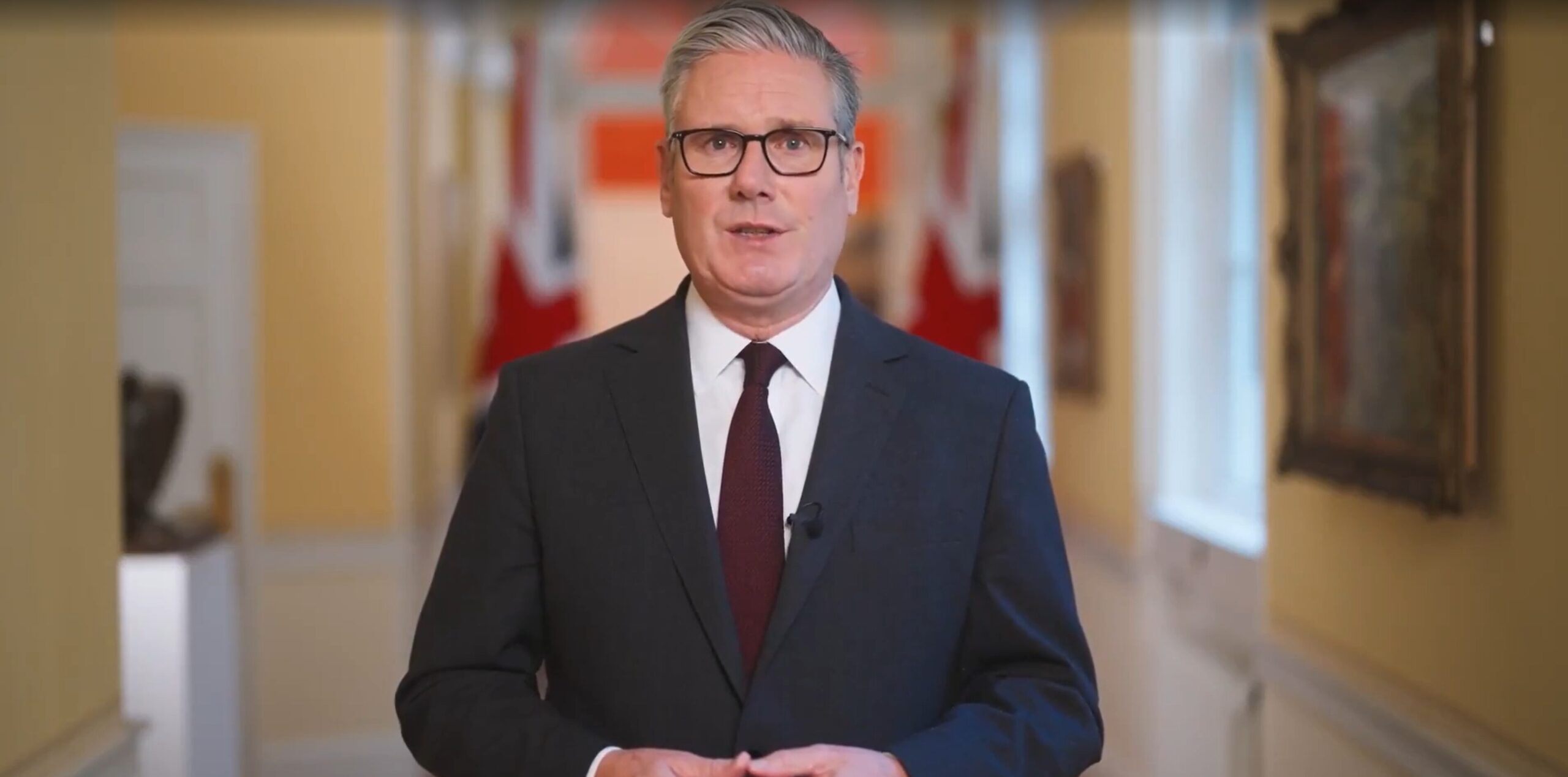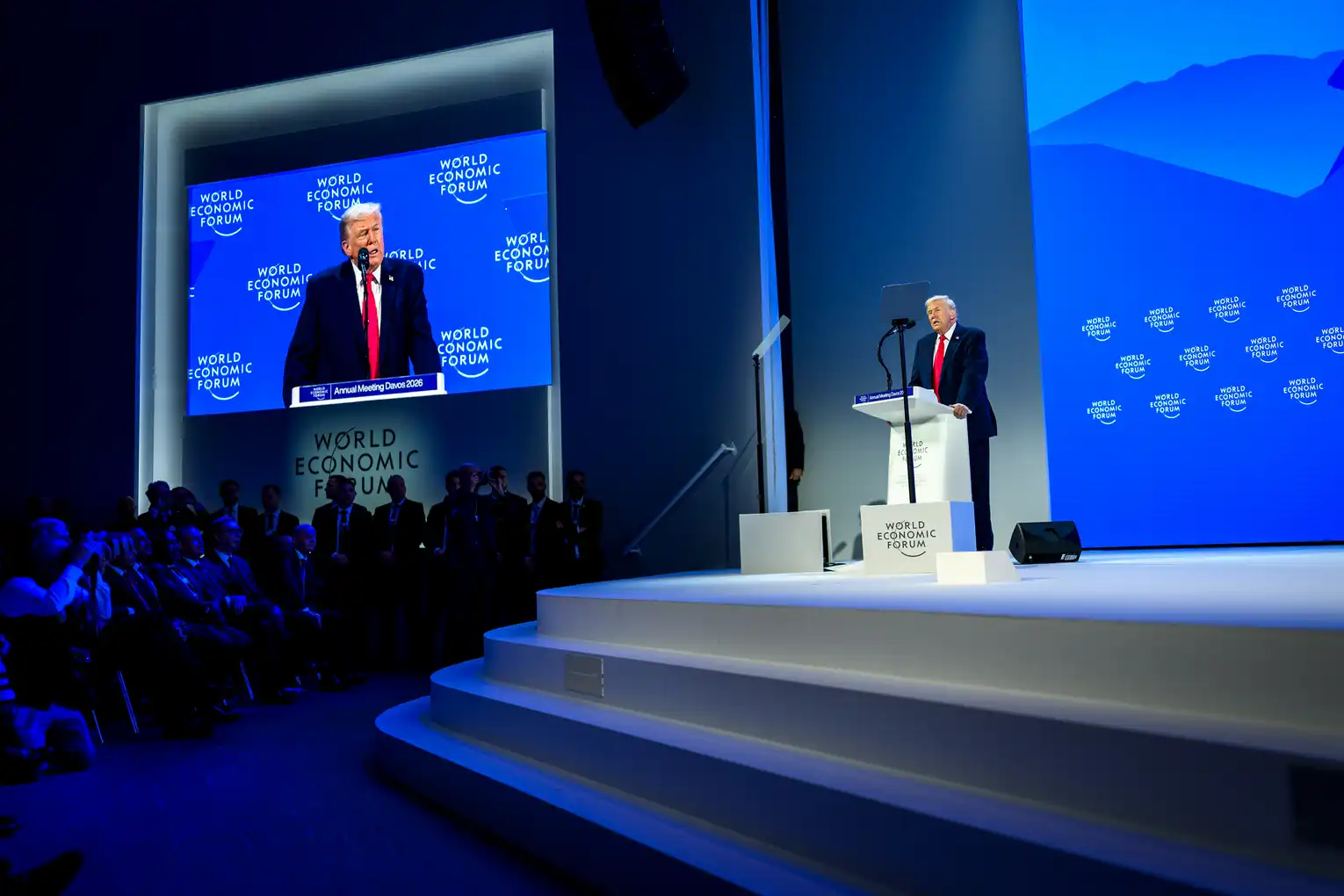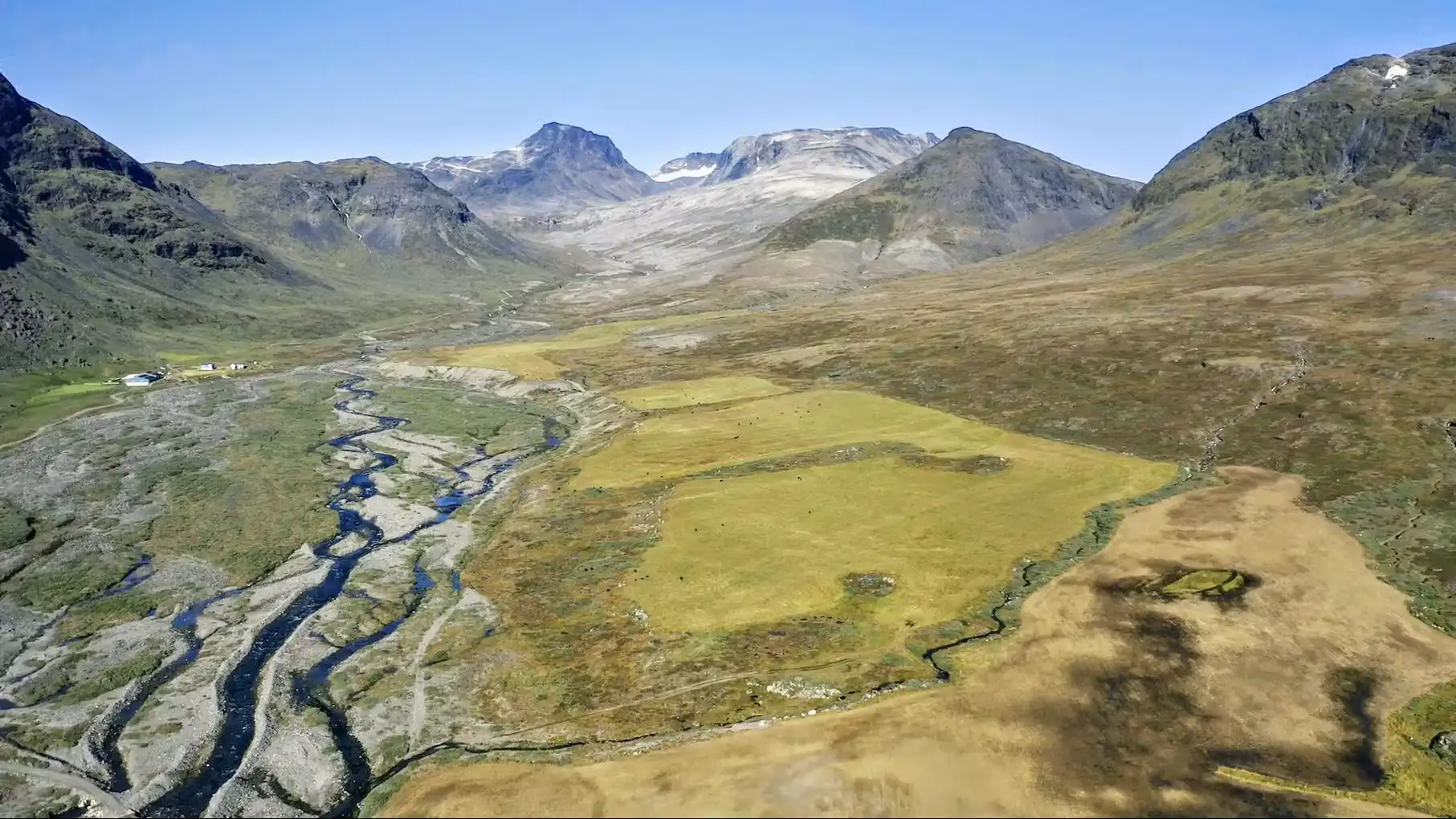Several longtime Israeli allies: Australia, the UK, and Canada, have changed their decades-long stance on the recognition of Palestine in response to the worsening genocide in Gaza.
The decisions came over the weekend, and will be followed Monday with a special summit hosted by France and Saudi Arabia, in which France, Belgium, and a series of other very small European states are expected to follow the UK’s lead, 108 years after the British Lord Arthur Balfour signed his infamous declaration stating that the UK would like to see a Jewish state created in Palestine.
Reactions continued throughout the weekend, with President Trump, Israel’s staunchest remaining supporter, actually in the UK on a visit.
The President simply said in regards to the UK Prime Minister Keir Starmer’s declaration of support that “I have a disagreement with the prime minister on that score”.
Critics have warned that recognition is not nearly enough, and WaL has quoted Israeli officials saying it was a decision that was planned for and can be managed. What would be more difficult, the official admitted, is if the recognition is followed by concrete and punitive action such as sanctions, divestment, and boycotts.
“Recognition is not enough on its own,” the British Foreign Ministry said in a statement following the PM’s announcement. “We are also building consensus with leaders in the region and beyond around our Framework for Peace, a series of steps that can take us from a ceasefire to a permanent end to the conflict”.
Arab League Secretary-General Ahmed Aboul-Gheit said the decision “corrects a historical error that has persisted for years,” and that he “anticipates more” recognitions to follow. As it stands, more than three quarters of the UN’s 193 members already recognize a Palestinian state, and the holdouts include the US, Argentina, Japan, Paraguay, and a number of Pacific island states that rely heavily on US money in exchange for military basing rights.
Australia and Canada also confirmed they now consider a state called Palestine to both exist and enjoy the full panoply of United Nations rights and privileges.
Israeli remarks were predictable, with Prime Minister Benjamin Netanyahu saying recognition offers “a huge reward to terrorism”.
“It will not happen, there will not be a Palestinian state west of the Jordan River,” he said.
Such a direct statement is usually confined to comments for Israeli media, but represents the long-stated intent of Netanyahu’s right-wing coalition government. The recognition of Palestine was also condemned by the coalition’s left-wing opponents in Tel Aviv. Less than half of the Israeli public wants the genocide to end, polls have found, but a two-state solution is incredible unpopular, and benefits from the support of virtually no Israeli constituency. In short, it’s a condition that would have to be forced on the Jewish state by the UN.

Sanctions to follow?
Palestine’s ambassador to the United Nations, Riyad Mansour, said countries that have recognized the state of Palestine need to follow up with tough sanctions to rein in Israel’s actions in Gaza, which was cited as the universal tipping point towards Palestinian recognition among the Western nations.
“We will see more viciousness in the next few weeks, maybe a month or two, before the world can say to them, ‘Enough is enough … you are not going to continue on this path of insanity,” warned Mansour, adding that it was time for the recognizing nations to join with the rest of the world and state that “the Palestinian people are here to stay, their rights to be respected, and the two-state solution to become a reality”.
French President Emmanuel Macron told CBS that “recognizing the Palestinian state today is the only way to provide a political solution to a situation which has to stop”.
Another crisis concurrent to the genocide in Gaza is the increased fragmentation and annexation of the West Bank, which makes up the majority of Palestinian territory according to 1967 borders—the ones almost certain to be referenced as the boundaries for the Arab of the two states. Illegal settlement building has accelerated since the genocide began.
Finance Minister Bezalel Smotrich recently outlined a plan to annex 82% of West Bank, which he said would act as “a nail in the coffin” of the two-state solution.
British Foreign Secretary Yvette Cooper warned that Israel “must not” annex any more of the West Bank in response to recognition of Palestine, and that she communicated this warning to Tel Aviv the day of PM Starmer’s announcement.
When Starmer outlined the conditions for Palestinian recognition in July, he was criticized by most of the British population for using what many consider to be the Palestinians’ inalienable rights of self-determination as a foreign policy bargaining chip. Starmer didn’t need to address that accusation, as Israel took every conceivable step in the opposite direction of the points in Starmer’s manifesto, leaving him no choice but recognition.
Sanctions would be the logical next step, but would bring about a standoff between the US and her traditional European allies the likes of which hasn’t been seen in over a century. Nothing short of crippling sanctions with near-global adherence could impact Israeli society as long as the White House guarantees the conduct of the IDF and Likud Party. But such measures would need approval from the UN Security Council, wherein the US will veto any such resolution. Individual measures by member states would have to be total and exquisitely enforced, something that just isn’t realistic to expect without US participation.

Israeli retaliation
Annexation may not be the only retaliatory option Netanyahu’s regime chooses to take, as Jerusalem Post reports that in a meeting with the US State Department, it was made clear the US would support whatever path Tel Aviv opts to tread.
“The American message was clear: if there is a unilateral recognition, you can take unilateral steps,” said two sources familiar with the discussions, according to The Post.
Israeli Ambassador to the UN Danny Danon said that any victory for the Palestinians out of the recognition would by a “virtual” one, as an observer state’s ascension to a member state must be approved by the Sec. Council, “and the United States will veto it”.
The Post also claimed that removing foreign diplomatic missions, blocking joint projects, and denying access to the Palestinian territories would also be considered as a response to the UK, Canada, Australia, and France.
Lyse Doucet, chief international correspondent for the BBC, described the move as “eleventh hour diplomacy”. In July, WaL wrote that if France and the UK waited until late September to recognize Palestine and nothing else, there may be no Palestine left to recognize. With the current offensive shattering the lives of thousands in Gaza City, time is certainly at a premium for the recognizing nations to leverage this historic decision.
“Britain, Canada, and Australia have jumped on what may be the last train to a Palestinian state, but their train is very late,” Doucet wrote, saying the decision came at “a moment when it has never seemed so out of reach”.
“Its expected territory is now disappearing at a faster pace than ever before. Gaza has been all but razed to the ground… the occupied West Bank is now all but formally annexed”. WaL
We Humbly Ask For Your Support—Follow the link here to see all the ways, monetary and non-monetary.
PICTURED ABOVE: Keir Starmer delivering his address on the recognition of Palestine PC: Keir Starmer, via X



